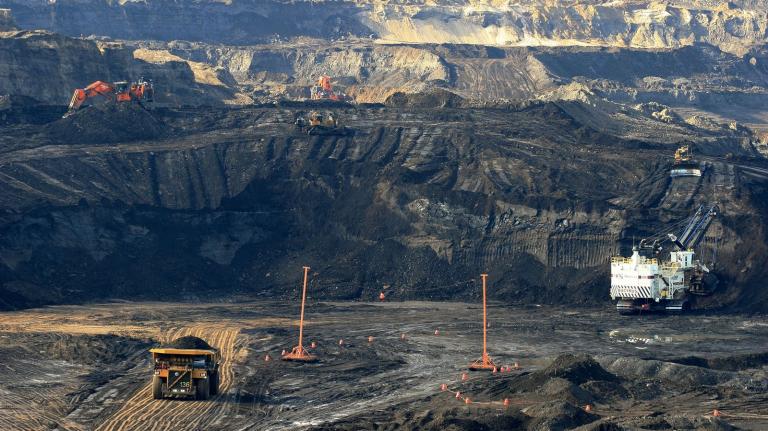[protected-iframe id=”cd6ded1c2bfd98aa1e0bfdf1978fdbbc-5104299-15574887″ info=”https://mediamatters.org/embed/210207″ width=”480″ height=”360″ frameborder=”0″ class=”video-embed” scrolling=”no” allowfullscreen=””]
“Coal is a moral substance, where coal reaches, people live longer, happier lives,” is the kind of thing you might say if you have never actually met someone who lives in coal country.
That’s Greg Gutfield, a panelist on Fox News’ political talk show The Five, explaining his stance on Democratic presidential candidate Hillary Clinton’s recent visit to coal communities in West Virginia. Gutfield, who has made it pretty clear that he thinks climate science is a scam, went on to explain that an anti-coal and anti-fracking position “reeks of white ocean privilege.”
But back to his first claim, which was highlighted by Media Matters for America: that people in coal communities have a longer lifespan than other Americans. Err, no — in fact, the proportion of coal miners who suffer from an advanced form of pneumoconiosis, also called black lung disease, has surged in recent years in Appalachia, according to research from the National Institute for Occupational Safety and Health. One 2009 study found that the number of excess annual deaths was as high as 10,000 in some coal mining areas.
And as for the theory that coal is responsible for “happier lives” — again, no. A 2013 study found that people living in coal mining areas are at greater risk for depression, while another report noted that many mental health needs in Central Appalachian counties were going unmet. And guess what? The most heavily mined parts of Appalachia are also the parts with the worst socioeconomic conditions.
As for whether coal is a “moral substance” or not: Let’s just say that statement seems to rely on a pretty strange definition of the word “moral.”




